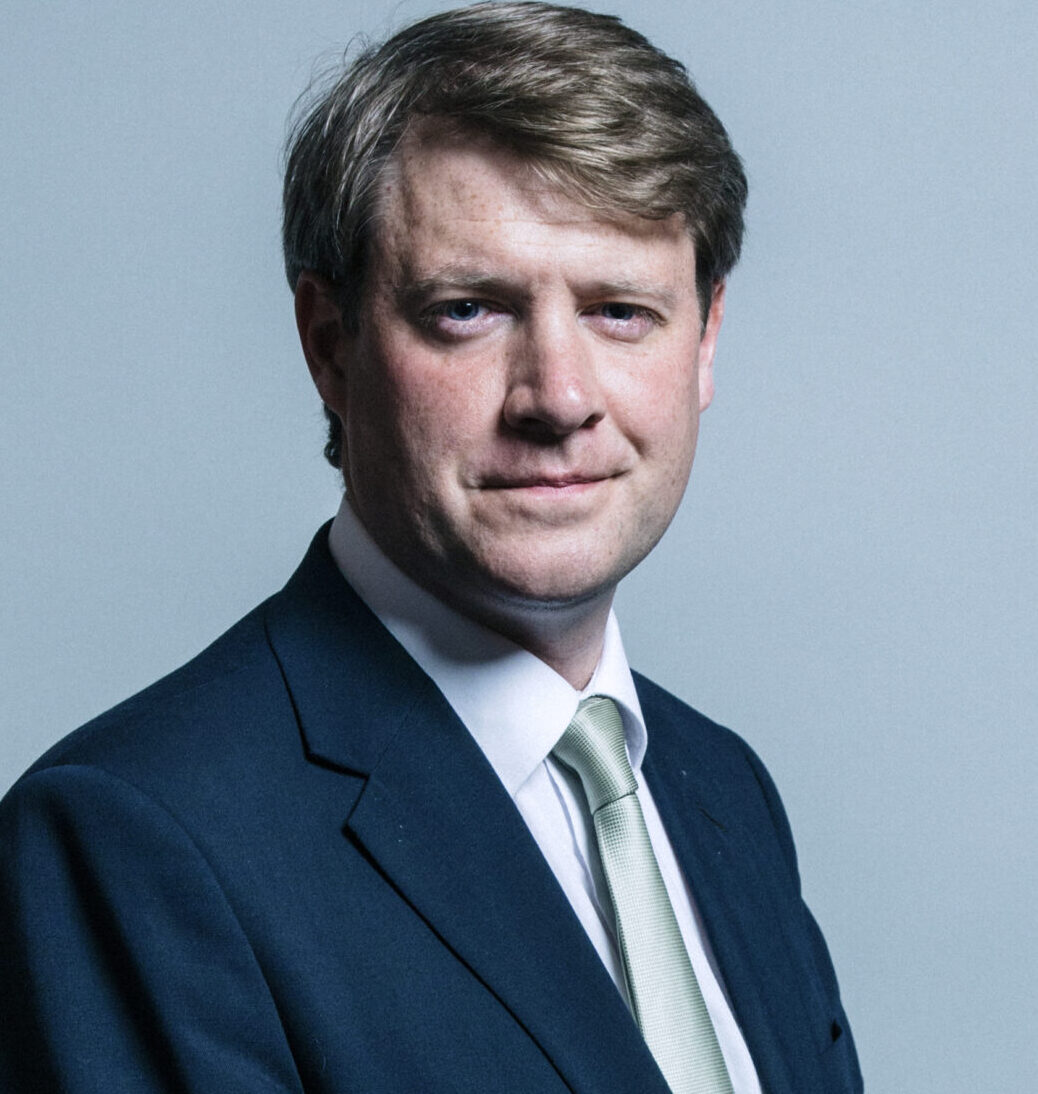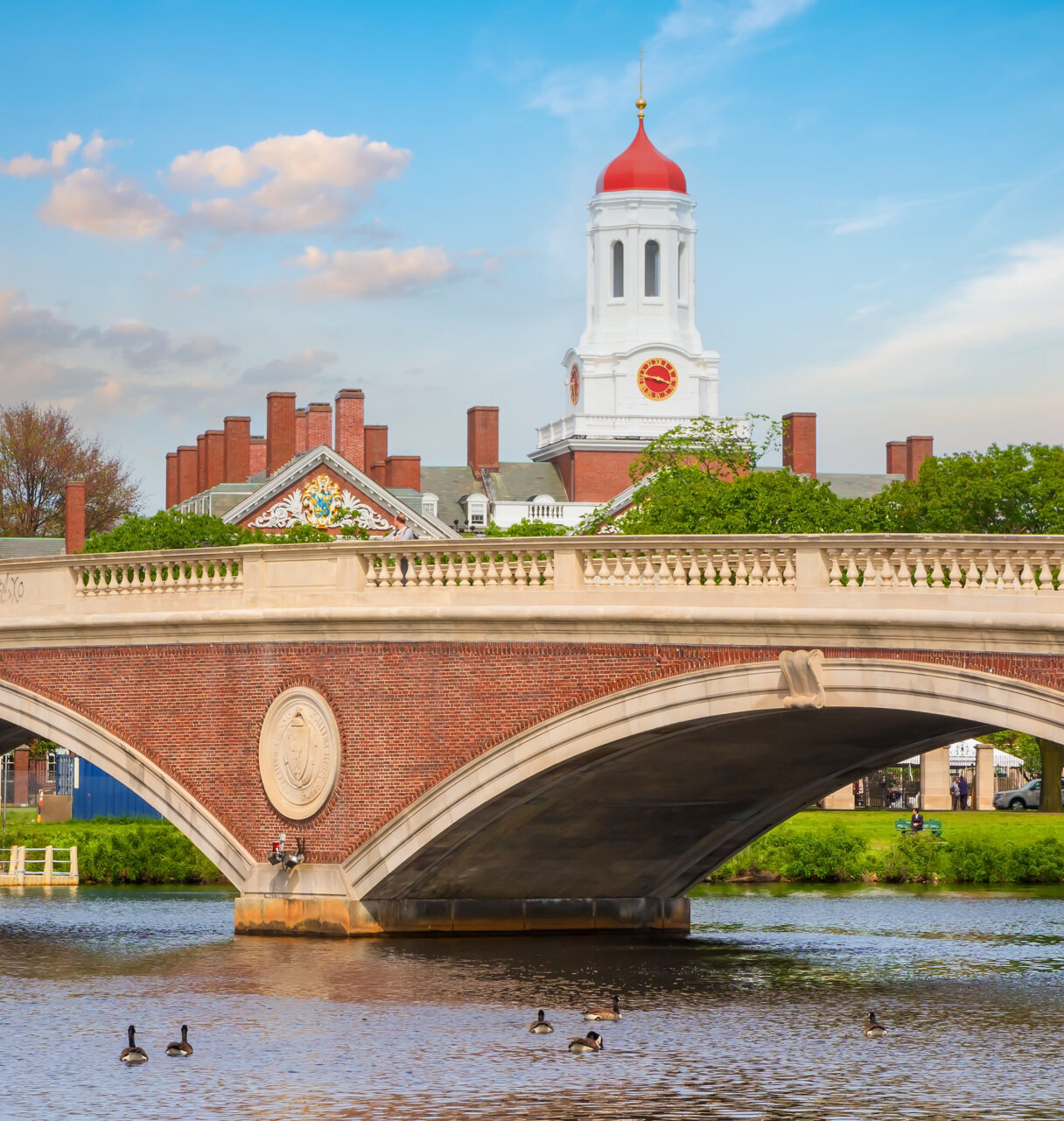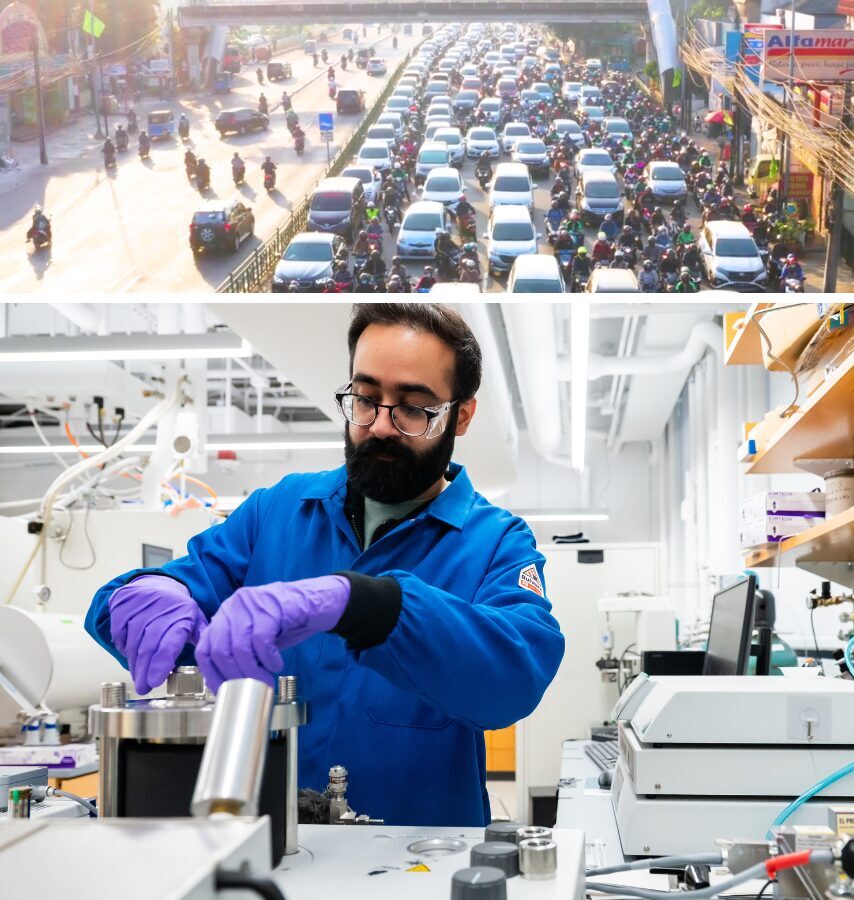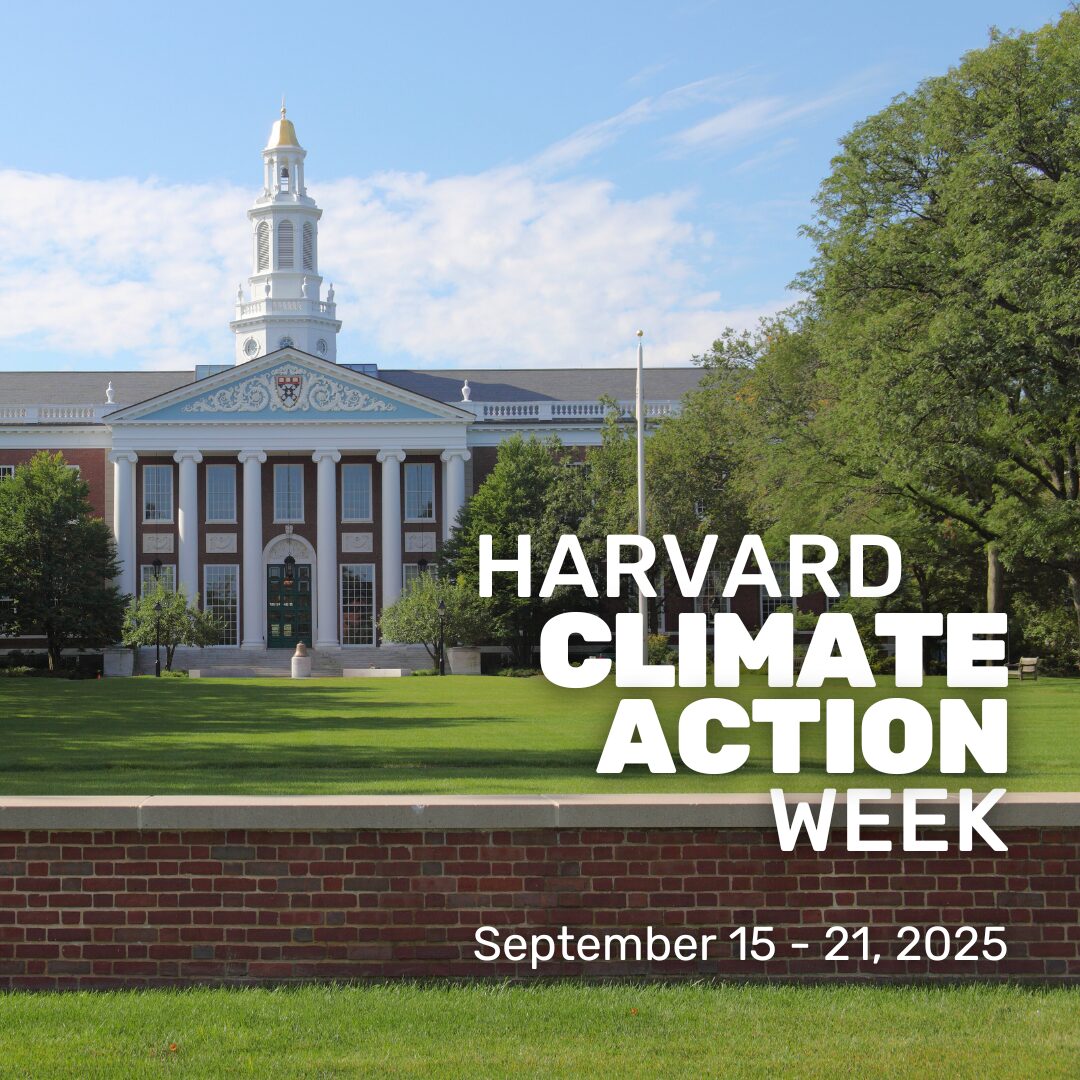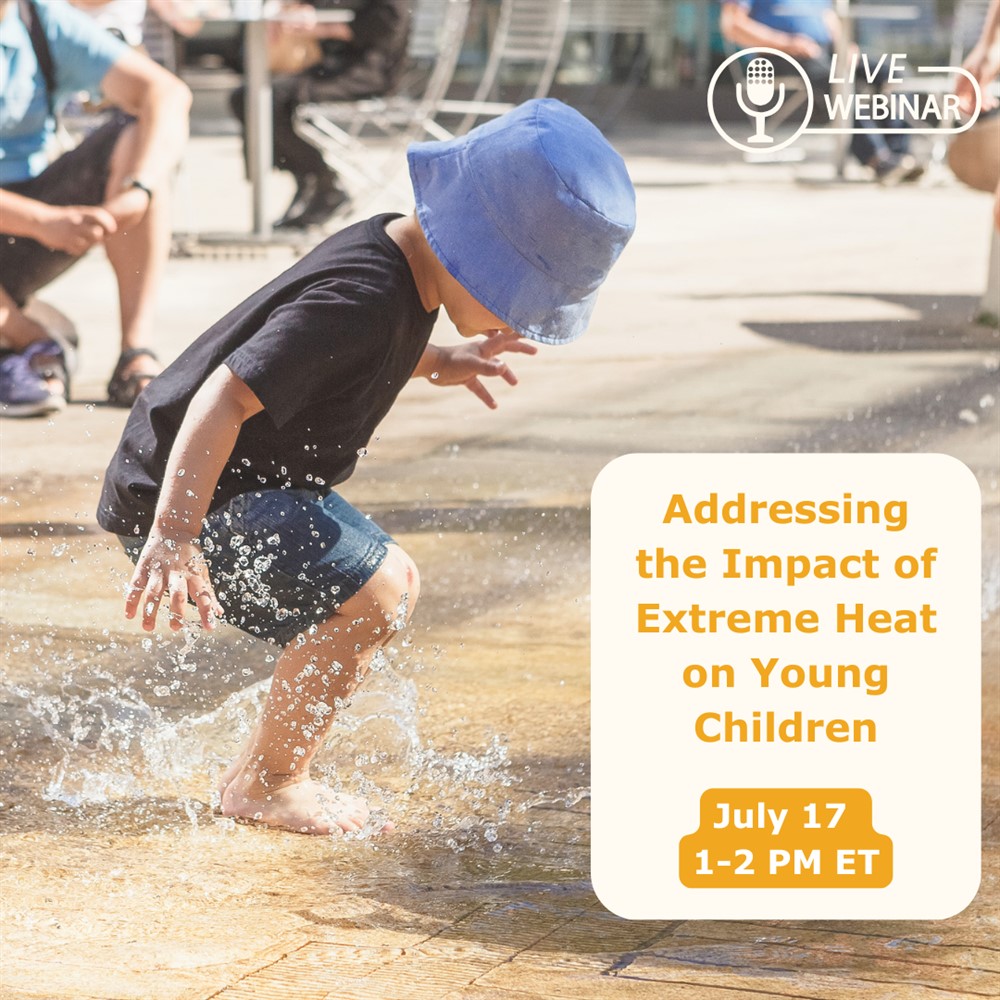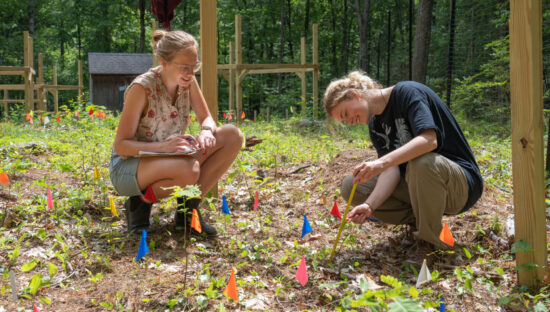Harvard Climate Action Week 2025
Register now for a series of events that will convene our world-class faculty and leaders in business, government, and civil society. The week will culminate in the Salata Institute’s Harvard Climate ...
9:00 am - 5:00 pm
In-Person / Harvard University
Mon, Sep 15, 2025



